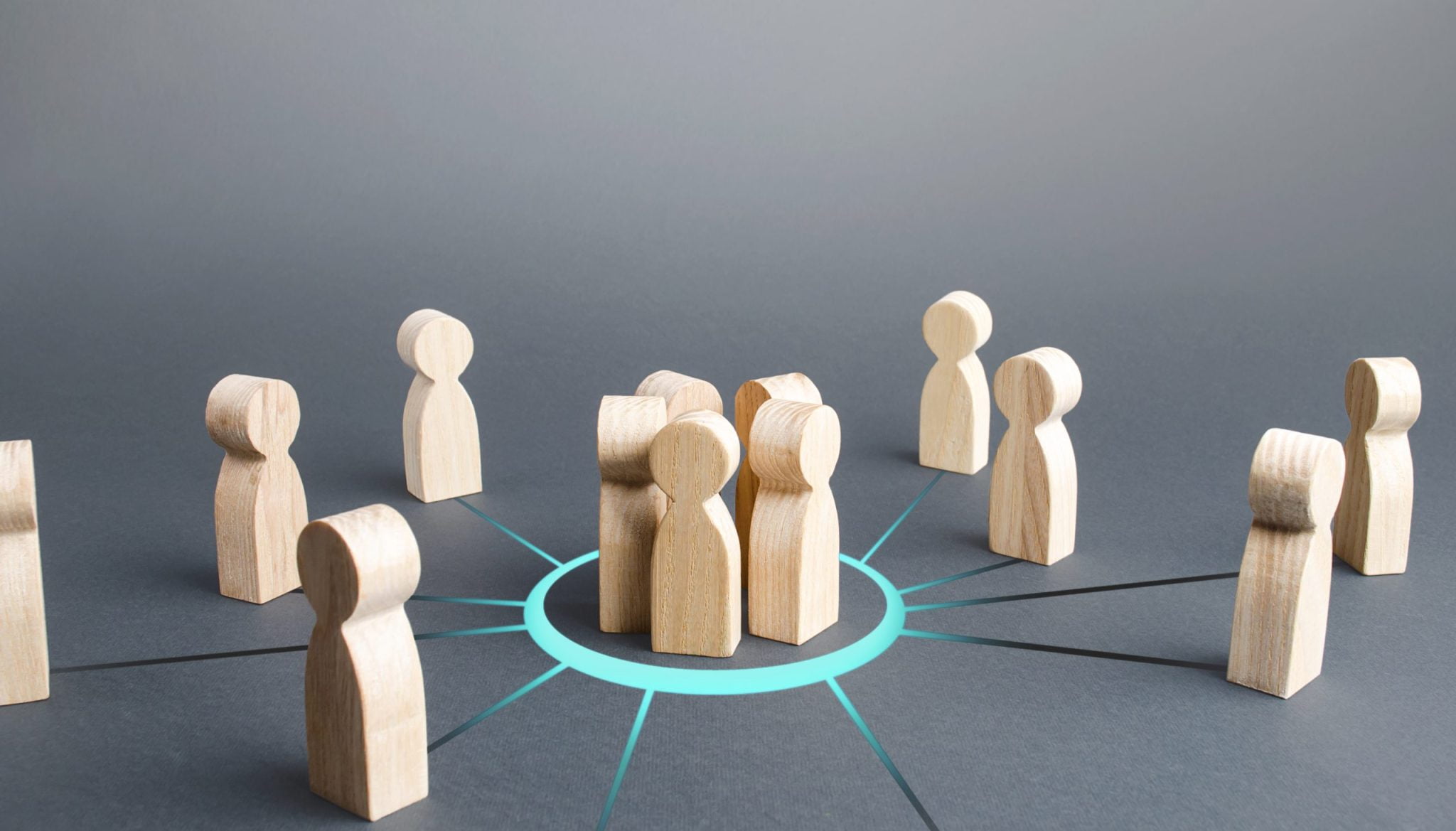This section will address common areas to do with TN and its affect on others. Trigeminal neuralgia can have a profound effect on, not only the individual suffering, but on those around them. Family, friends and relationships may all be influenced or affected by trigeminal neuralgia. A strong support system is important, however, it must be realised that those close individuals should be able to make time to care for themselves, rather than directing all resources onto a sufferer of TN.
- It can often be difficult to see someone in pain, especially when you care about that individual greatly.
- ‘Pain empathy’ is a trait that all humans have. It is the ability to recognise someone in pain, put yourself in their shows and understand their position by responding appropriately.
- You may feel like you need to ‘put on a brave face’ or contrastingly feel as though you ought to be doing anything and everything to try and make the situation ‘right’. The simple truth is that it is a difficult position to be in and by acknowledging what you can and cannot change about the situation is paramount. This will be personal for everyone, however, an example could be…
- You cannot take away the loved one’s pain.
- You can support them, give them the time and independence needed during bad days.
- In the face of adversity, it is important to try and maintain ‘normality’. Carry on as normal and help the loved one to also continue day-to-day life as uninterrupted as possible.
- Be aware that air conditioning and light wind can trigger attacks in some sufferers. Therefore, it is important to consider these things when using different modes of transport. E.g. if you are driving, perhaps keep the aircon down or off.
- Air travel has been found to, in some individuals, worsen TN attacks due to the change in pressure. Having a plan of action for holidays could be useful, e.g. increasing medication dose (with a doctor’s advice).
- Some TN sufferers may be more fearful or anxious than the average person – even if they are in remission or following successful surgery.
- It is important to understand this anxiety is a result of long-term psychological trauma. Repeated episodes of severe pain coupled with any particularly high emotional events mean the brain can hold certain memories at a higher, unprocessed level. This means some TN sufferers suffer from anxiety, depression, post-traumatic stress disorders or others.
- It is key to acknowledge that this stress is often beyond the control of the sufferer. Tolerance, reassurance and positive direction are all useful at this time.
- Considering therapy or counselling can be part of moving in a positive direction. Some success could be found with target making, cognitive behaviour therapy (CBT) or eye movement desensitization and reprocessing (EMDR).
- It can be stressful when a partner has a chronic pain condition.
- Communication is key, understanding each partner feels is essential. As discussed in the effect of TN on loved ones, TN affects both the sufferer and the loved one.
- Take the time to understand each others’ emotions.
- Make an action plan together of how to address any concerns each of you may have.
- Give each other space and time to be independent.
- As with any relationship, nurture the relationship, try to continue with normality – going out and doing couple’s activities, etc.
- Having trigeminal neuralgia may lead the feeling alone or that no-one else can relate to the condition.
- It can be difficult for a non-sufferer to understand the true impact of this condition on an individual, therefore, it could be advisable to encourage self-exploration to find others in the same position.
- TNA organises local support groups (LSGs) across the country – investigation into the closest LSG will be beneficial into dispelling this isolation.
- TNA also has a phone-line run by volunteers who have all had or have trigeminal neuralgia. This is another essential tool for dispelling isolation.
- TN suffers are at risk of becoming isolated. As TN can often result in painful twitches, tics or jerks, unwanted attention can develop.
- It is vital to not become isolated or alone.
- It is beneficial to offer gentle encouragement to continue with normal activities leaving the house.
- Group activities, with close friends, could be useful to minimise the feeling of unwanted attention.
- Stress is a state of strain or tension (be it psychological or emotional) resulting from particularly demanding circumstances.
- There has been an increase in stress in modern day life.
- Chronic conditions, such as TN, can increase the stress in an individual’s life.
- It is important that stress is managed appropriately to stop an individual’s coping resources from being used up. When not managed, a person may begin to feel like they cannot cope with the situations at hand.
- Routine is helpful in combatting stress, e.g. regular exercise, a good balanced diet, planning ‘downtime’, etc.
- Creating a list of stressors and then an action plan to combat / offset the stressors may be beneficial.
- Some individuals may benefit from mindfulness training, meditation or exercise. It is important to explore different avenues and find what works for you.




